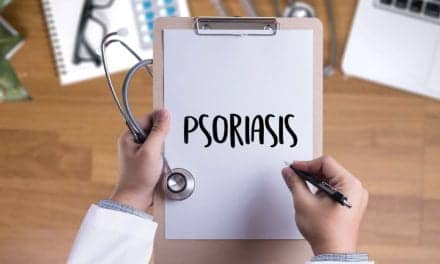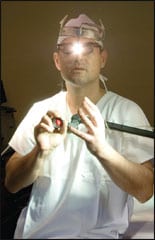Science 37 and the Keck School of Medicine of the University of Southern California (USC) announce their collaboration on $3.4 million telemedicine-based dermatology study funded by the National Institutes of Health (NIH).
The new collaboration combines the expertise from Science 37 in executing virtual clinical studies with the extensive research capabilities of the Keck School to determine whether telemedicine can deliver care that is equivalent to being seen in-person for patients with eczema.
This is reportedly the largest ever NIH-funded, telemedicine-based dermatology study, Science 37 suggests in a media release.
“Our experts are committed to exploring innovative ways to provide advanced care for our patients,” says David Peng, MD, MPH, chair and professor of clinical dermatology at the Keck School.
“This includes examining how technology-enabled healthcare delivery can be used to allow patients to more easily access the care they need.”
The study, led by April Armstrong, MD, MPH, associate dean of clinical research and professor of dermatology at the Keck School, and supported by the NIH grant, will evaluate telemedicine as a method of care for more than 300 patients with atopic dermatitis, a form of eczema.
Many patients with eczema or other chronic skin conditions experience poor health outcomes because they lack regular access to dermatologists. In this study, Armstrong and her research team will determine whether telemedicine can improve access, reduce disease severity, improve quality of life, and save healthcare costs, per the release.
“A research partnership with the Keck School of Medicine of USC underscores the bright future ahead for telemedicine, virtual studies, and patient-centered research,” states Jonathan Cotliar, MD, chief medical officer at Science 37.
“The road to improved health outcomes begins with delivering care at the patient’s convenience whenever possible, and we’re excited to embark on research with USC that could transform the patient experience for those with eczema.”
Researchers will use NORA from Science 37, a comprehensive tool designed to fully operationalize a virtual study, to communicate with patients during the study. Patients will also submit ePROs (electronic patient-reported outcomes) through NORA.
The platform is purpose-built to support the unique workflows, processes, and systems of virtual studies. It digitally centralizes data collection and is integrated into a sponsor’s system to ensure the automated exchange of reliable and high-quality data available in near-real time.
NORA also supports patient centricity by accelerating recruitment and providing a direct, personalized patient experience for those who participate in research, per the release.
[Source(s): Science 37, PR Newswire]





